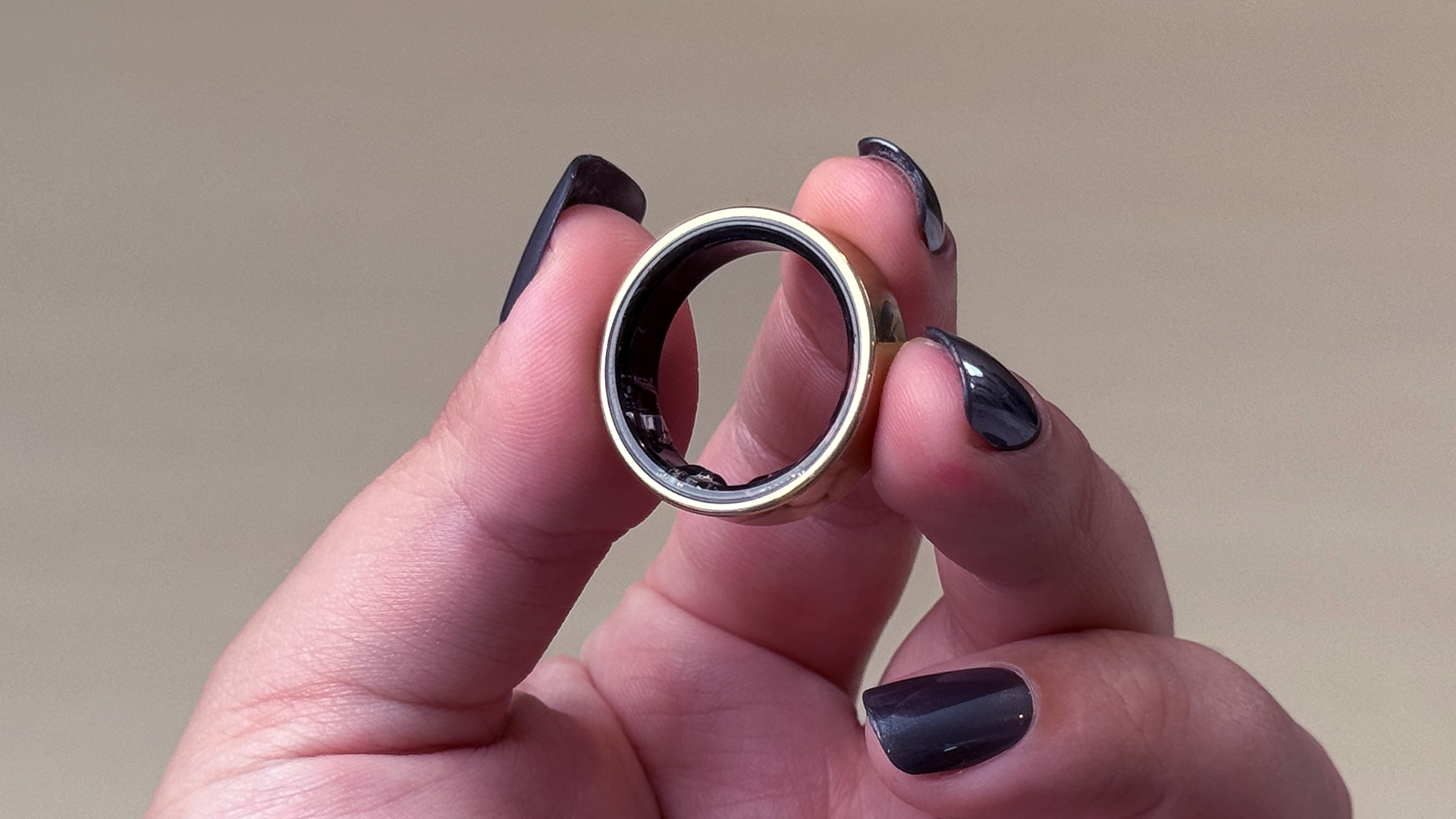Samsung's Bio-Health Ecosystem: A Pivot to Proactive Wellness, Fueled by Personal Data
Author: NaKmo Flow | 7/27/2025

Samsung recently unveiled its vision for a comprehensive bio-health ecosystem, moving far beyond the fitness tracking capabilities of its Galaxy Watch series. The announcement, spurred by CEO Jong-hee’s personal story of heart attack recovery and reliance on personal health tech, outlines a future where consumers actively manage their well-being through a network of connected devices, AI-powered insights, and seamless data integration. This isn’t just about tracking steps; it’s about detecting anomalies and empowering individuals to proactively address potential health risks.
Key Insights:
- Samsung is doubling down on its bio-health ambitions, aiming to become a key player in the preventative healthcare market.
- The company is leveraging miniaturization of biosensors, advanced AI algorithms, and seamless data integration to create a holistic wellness platform.
- CEO Jong-hee’s personal story underscores the company's commitment to building technology that genuinely impacts lives.
- Regulatory hurdles and data privacy concerns remain significant challenges for widespread adoption.
- The ecosystem’s success hinges on building trust with consumers and demonstrating tangible health benefits.
The wearable health tech market is booming, projected to reach over $113 billion by 2028. While Apple Watch dominates with its ECG and fall detection capabilities, Samsung’s strategy aims for broader appeal. Historically, Samsung has lagged in health-related app integrations, but this new direction represents a deliberate attempt to catch up and potentially surpass competitors by offering a more comprehensive and personalized experience. The COVID-19 pandemic accelerated consumer interest in proactive health management, creating fertile ground for Samsung’s expansion.
Samsung's bio-health ecosystem could significantly disrupt the healthcare landscape. The ability to remotely monitor vital signs and detect early warning signs of illness has the potential to reduce hospital readmissions, lower healthcare costs, and improve patient outcomes. However, the ecosystem's success is intrinsically tied to its ability to secure partnerships with healthcare providers and insurance companies. Early adopters, particularly those managing chronic conditions, are likely to be the initial driving force behind adoption, with broader consumer uptake contingent on affordability and demonstrable value.
The core of Samsung’s vision lies in the miniaturization of biosensors. The company showcased a prototype of a credit-card-sized, six-lead EKG device – a significant leap from the single-lead ECG currently offered on the Galaxy Watch. This, coupled with continuous blood pressure monitoring and advanced sleep tracking, provides a much richer dataset for AI-powered analysis. Samsung's AI algorithms will analyze this data to identify anomalies, predict potential health risks, and provide personalized recommendations. The platform will leverage Samsung Health as its central data hub, with potential integrations with third-party apps and medical professionals.
| Feature | Galaxy Watch Series | Prototype 6-Lead EKG | Blood Pressure Monitor |
| EKG Lead Count | 1 | 6 | N/A |
| Continuous BP Monitoring | Limited | Planned | Yes |
| Sleep Tracking | Advanced | Advanced | Advanced |
| Data Integration | Samsung Health | Samsung Health + Third-Party | Samsung Health + Third-Party |
| Size | 41mm - 47mm | Credit Card Size | Wearable Device |
The announcement has been met with cautious optimism from industry analysts. “Samsung is clearly signaling a serious commitment to health tech,” notes Dr. Emily Carter, a digital health consultant. “However, the regulatory landscape for medical devices is complex, and demonstrating clinical validity will be crucial for gaining widespread adoption.” Competitors like Apple are likely to respond by further enhancing their own health features and focusing on data privacy and security. Fitbit, now owned by Google, will also be closely watching Samsung’s moves.
"We see a future where technology empowers individuals to take control of their health and well-being," said Jong-hee, Samsung’s CEO, in a prepared statement. “My own experience has shown me the power of proactive health management, and we are committed to building technology that makes a real difference.”
Samsung's bio-health ecosystem is still in its early stages of development, and widespread adoption will depend on addressing several key challenges. Data privacy and security are paramount concerns, and Samsung will need to ensure that user data is protected and used responsibly. Securing regulatory approvals for medical device claims will also be a critical step. Over the next few years, expect to see further integration of biosensors into wearable devices, more sophisticated AI algorithms, and expanded partnerships with healthcare providers. The future of Samsung’s health ambitions is inextricably linked to its ability to build trust and deliver tangible health benefits.
Conclusion
Samsung's bold move into proactive wellness demonstrates a clear understanding of evolving consumer needs and the potential of technology to transform healthcare. While challenges remain, the company's commitment to innovation and its willingness to embrace a data-driven approach position it as a formidable player in the burgeoning bio-health market, with potential to significantly reshape how we manage our health and well-being.